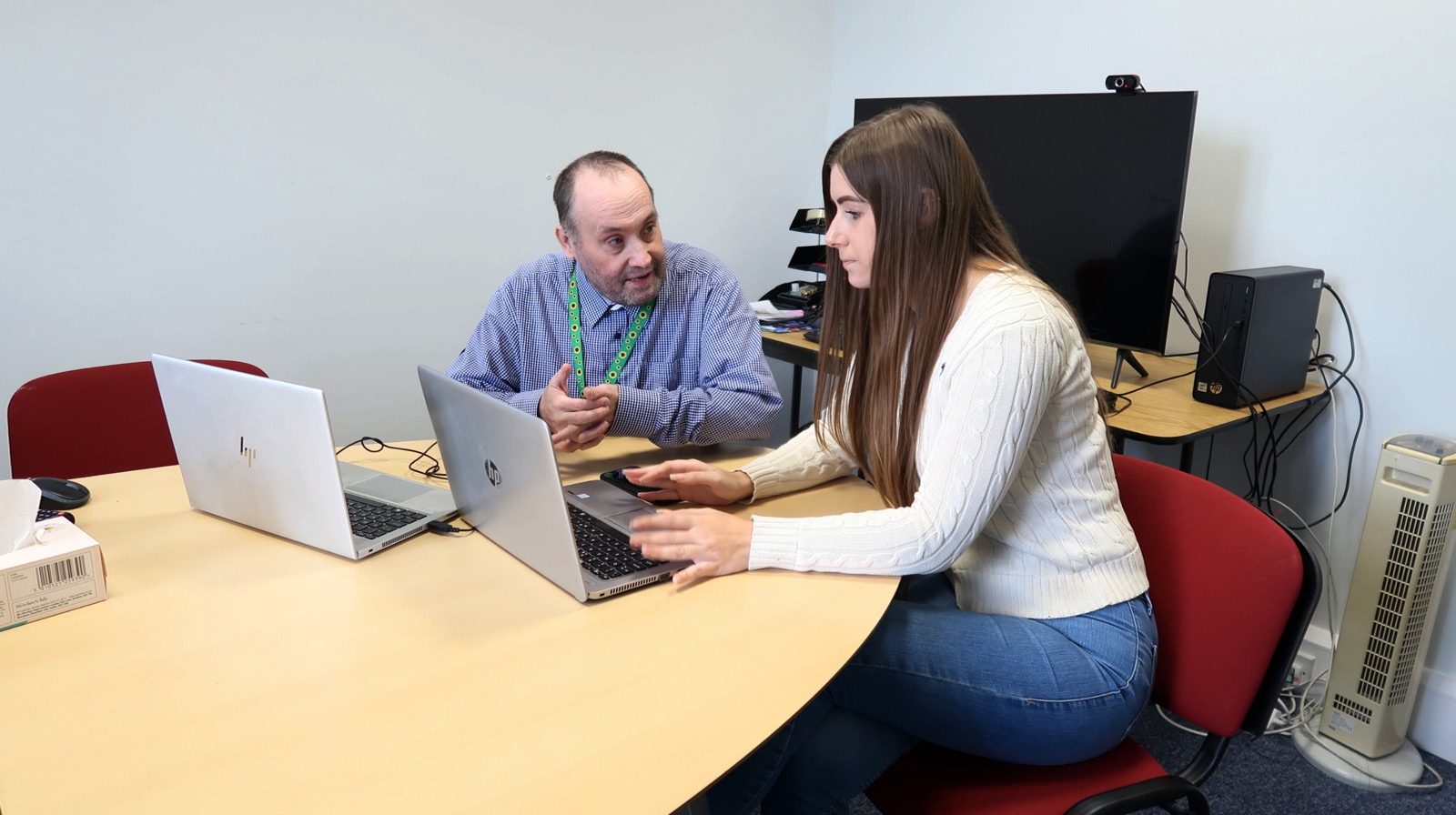A forthcoming reverse jobs fair, where job seekers with learning disabilities showcase what they can offer – instead of employers – aims to shift the balance of power in the employment market.
Forum Central, a membership body for the health and care third sector in Leeds, plans to hold the fair at a community venue this spring. Employers will have a chance to see the whole person, rather than just a CV.
We know from NHS figures that fewer than one in 20 learning disabled people is in paid work.
Employers usually ask for formal qualifications, which many people do not have. Traditional job interviews and job fairs are not usually accessible; our reverse version means employers can meet candidates who can explain their talents and skills. We hope to organise it so some employers may have applicants’ CVs beforehand.
The jobs fair will be held in an informal and relaxed community venue because a familiar, accessible place can bring out the best in people. It also removes the pressure of finding a new building, working out a transport route or spending time to find out if the building is accessible.
We hope some interviews may take place at the jobs fair.
Forum Central, established five years ago as a partnership between local mental health organisation Volition-Leeds and Leeds Older People’s Forum, has about 300 members.
The forum advocates within the health and care third sector, coordinating a network of 100 third sector learning disability organisations across the city, supporting members to improve services for this community. It also works on the wider determinants of health, such as employment.
The jobs fair is part of our work co-chairing Forum Central’s autism and learning disability employment task group. We bring together those with lived experience of disability and employers from different sectors (such as health or voluntary organisations) to improve employment opportunities and practice for these people.
We have around 70 people and organisations in the task group and meet four times a year with the aim of boosting job opportunities for people to get into and stay in work.
One focus is on how to support organisations to recruit more accessibly and help staff progress in careers beyond entry-level roles (see tips for employers, opposite).
Obstacles we have found among organisations include a lack of confidence in taking on disabled people. Not enough know about reasonable adjustments or what support is available for staff.
However, not all employers value people with learning disabilities. Some see employing them as a “nice” thing to do or as an act of charity. We want to raise awareness of people’s skills and challenge stereotypes.
Video CVs and easy read
Some of our members’ projects to make recruitment practices more accessible include work by the Leeds Autism and Learning Disability Digital Inclusion Network on a film to promote the use of video CVs. This helps anyone who might struggle with reading and writing or who finds it difficult to capture their skills in a traditional paper CV.
Video CV recruitment has been implemented at the local NHS learning disability service at St Mary’s Hospital, part of NHS Leeds and York Partnership Foundation Trust, as well as within Forum Central itself.
Another strand of our work involves lobbying MPs to make Access to Work more accessible. This is a government-funded scheme to help people get and stay in work.
Employment can be seen as a ‘nice’ thing to do or an act of charity. We want to raise awareness of people’s skills and challenge stereotypes
However, many people we know refer to Access to Work as “barrier to work” because there are long waiting times to have an assessment to work out what help you need in the workplace (such as a large print keyboard). Then, workers may have to wait a long time for equipment.
In addition, people cannot use their preferred communication method to contact Access to Work (see panel, opposite page).
We therefore worked with the Leeds Learning Disability People’s Parliament (a forum for and led by people with learning disabilities) to create an easy read letter, outlining the issues and solutions.
We plan to send this letter to MPs and ministers at the start of this year. We wanted to make an easy read version because, if we are asking for accessibility, we should be accessible too.
One reason more employers do not hire people with learning disabilities is a lack of confidence in accessible recruitment. Another barrier is not recognising that people have skills and talents to offer. There are stereotypes, such as disabled people not being able to live independently or work or, if they can work, being incapable of doing more than entry-level roles with simple tasks.
The biggest barrier for people with learning disabilities can be the benefits system. It can be hard to navigate and sometimes people are not always better off working because they do not work enough hours or at a high enough pay rate.
We enjoy using people’s lived experience to make change in the city.
Cultural change in the workplace is needed so people with learning disabilities can be in leadership roles. Attitudes need to shift as well so people not only get into work but also move up the ladder once they have a job.
Shaun Webster is project coordinator and Dominique Burley is senior development worker at Forum Central’s Learning Disability Network





